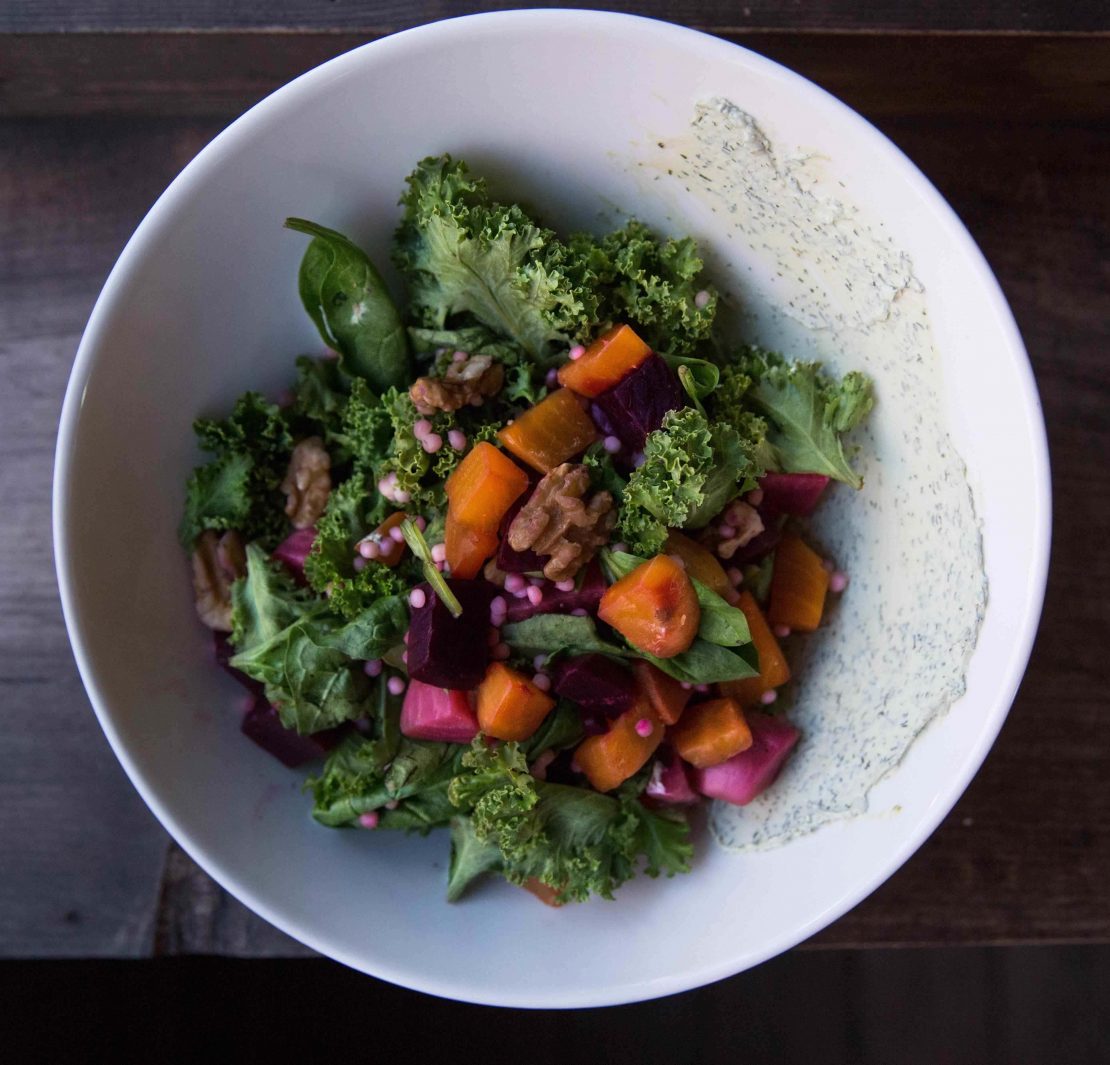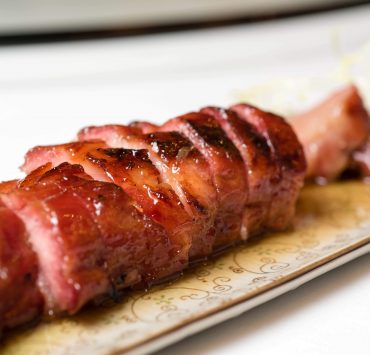Making a conscious choice to eat organic food, buy locally-grown produce, and support establishments with sustainable practices, as well as making an overall shift to healthier eating have been growing trends since the early 2000s.
Along with that, we’ve also seen our fair share of fad diets through the years (each with their own weight-loss and better health claims). And while some have proven beneficial for people with certain conditions—in the way the gluten-free diet works for those with celiac disease, for example—a number of these diets have also been proven as non-beneficial or impractical, especially if your goal is to ultimately be healthier.
There have also been eating movements that have remained, some growing even more in popularity, such as the shift to veganism, vegetarianism, and plant-based dieting.
But while each movement involves a greater intake of plant-based food or fruits and vegetables, there’s more to these diets than simply munching on greens.
Vegan
A vegan diet focuses on food not obtained from animals. This means no meat, chicken, fish, egg, milk, cheese, honey, and other animal products. Aside from cutting these out of their meals, vegans also abstain from using items and other commodities made of animal products, such as leather, fur, wool, and silk.
A vegan lifestyle is influenced by more than just a desire to eat healthier. Generally, veganism comes with ethical motivations, especially with concerns on the treatment of animals. As supporters of animal rights, vegans opt to exclude anything animal-related across all spheres of their consumption.
Abstaining from animal-based products, especially meat, also proves to be beneficial to the environment, as processing of meat often entails expending vast amounts of water, and also even releasing greenhouse gases.
While vegans usually eat plant-based food, processed food may also still be part of their diets, so long as it does not contain any animal products. So yes, vegans can still enjoy, Betty Crocker Bac-Os Bacon Flavor Bits, and even Taco Bell Bean Burritos (but no cheese, please).
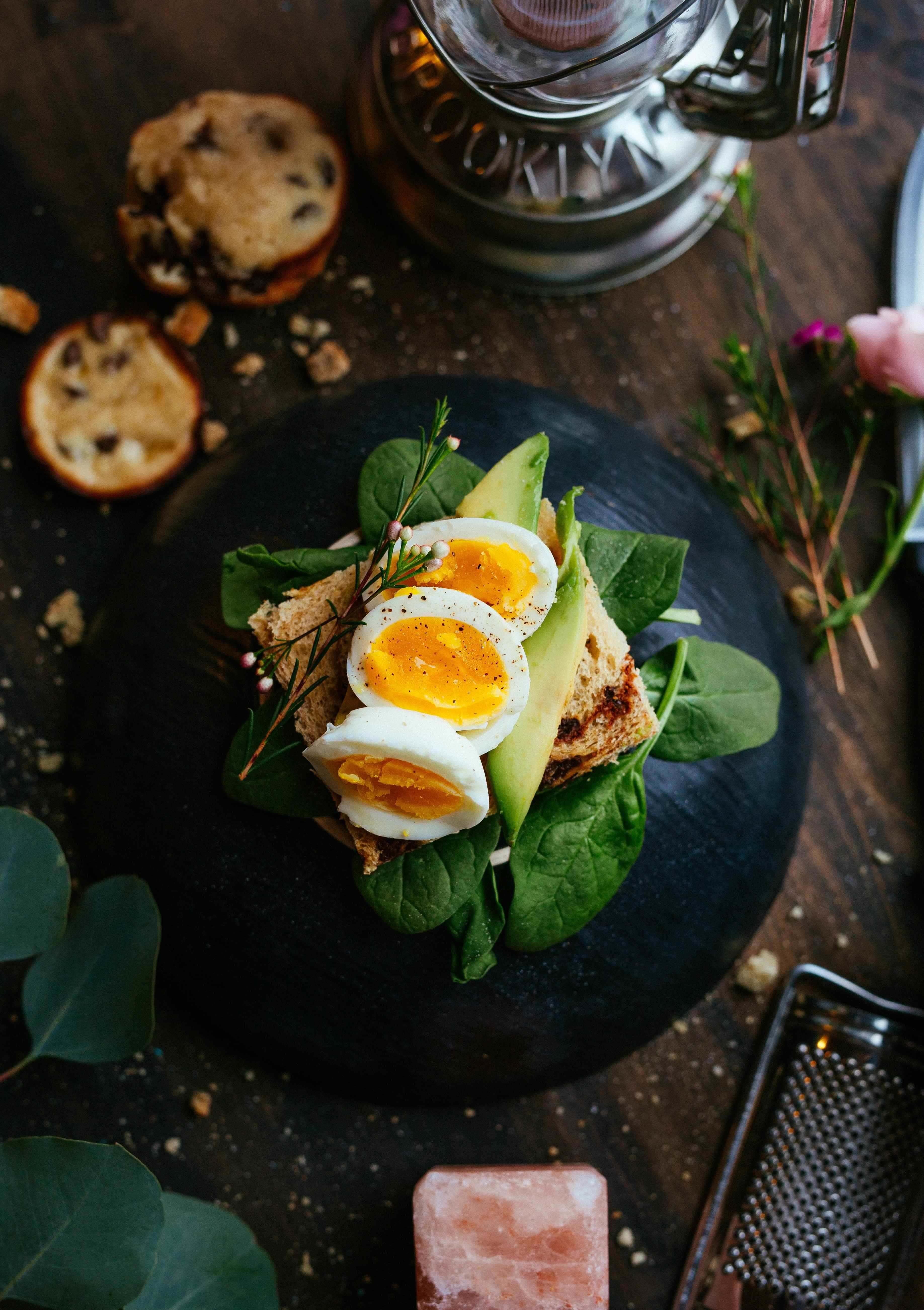
Vegetarian
There are various definitions of vegetarianism, some of which overlap with veganism. The Vegetarian Society defines a vegetarian as “someone who lives on a diet of grains, pulses, nuts, seeds, vegetables, and fruits, with or without use of dairy products and eggs. A vegetarian does not eat any meat, poultry, game, fish, shellfish, or by-products of slaughter.”
Degrees of vegetarianism have also been defined, depending on the types of non-plant-based food (eggs, dairy, and others) included in the diet. Vegan falls under vegetarianism.
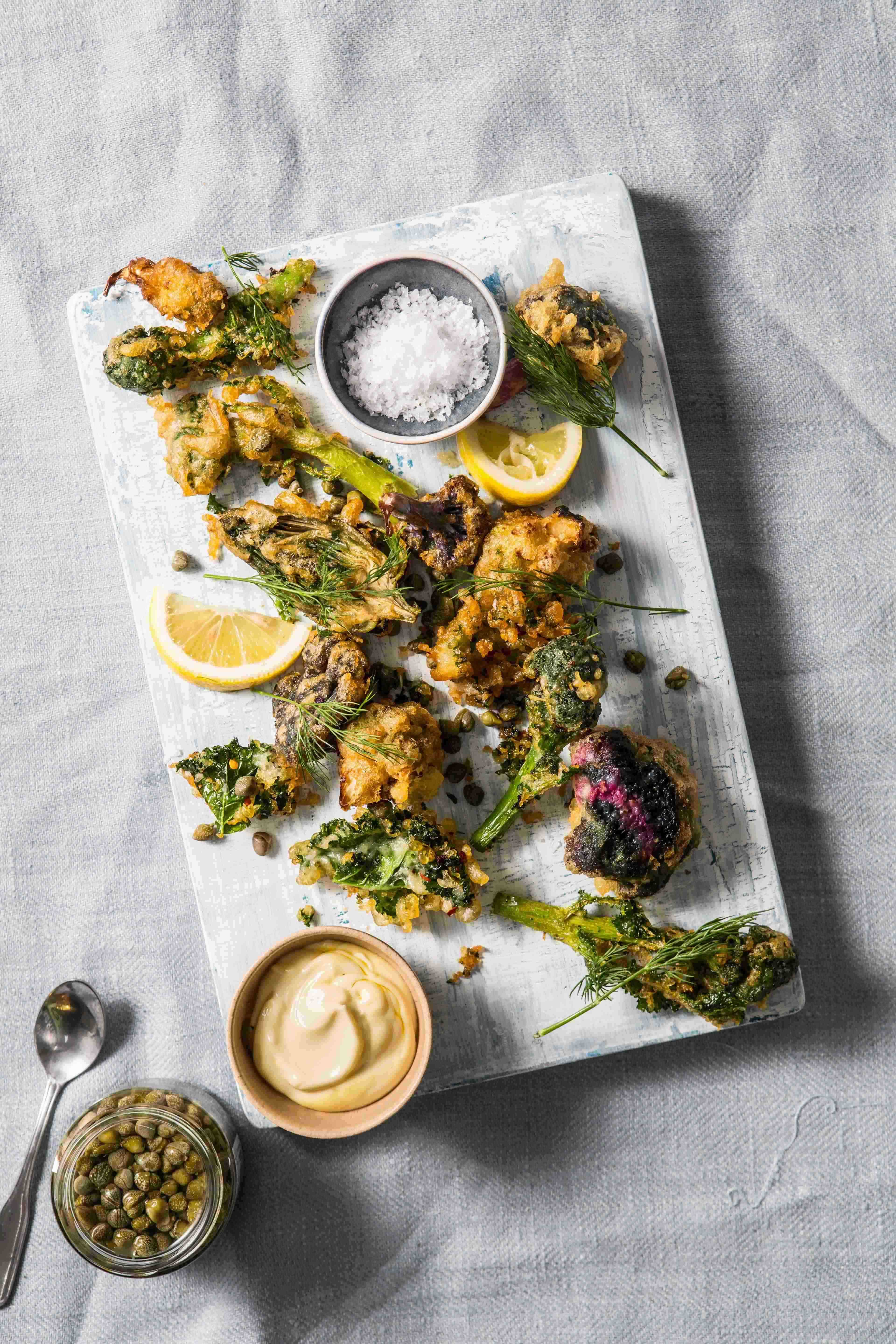
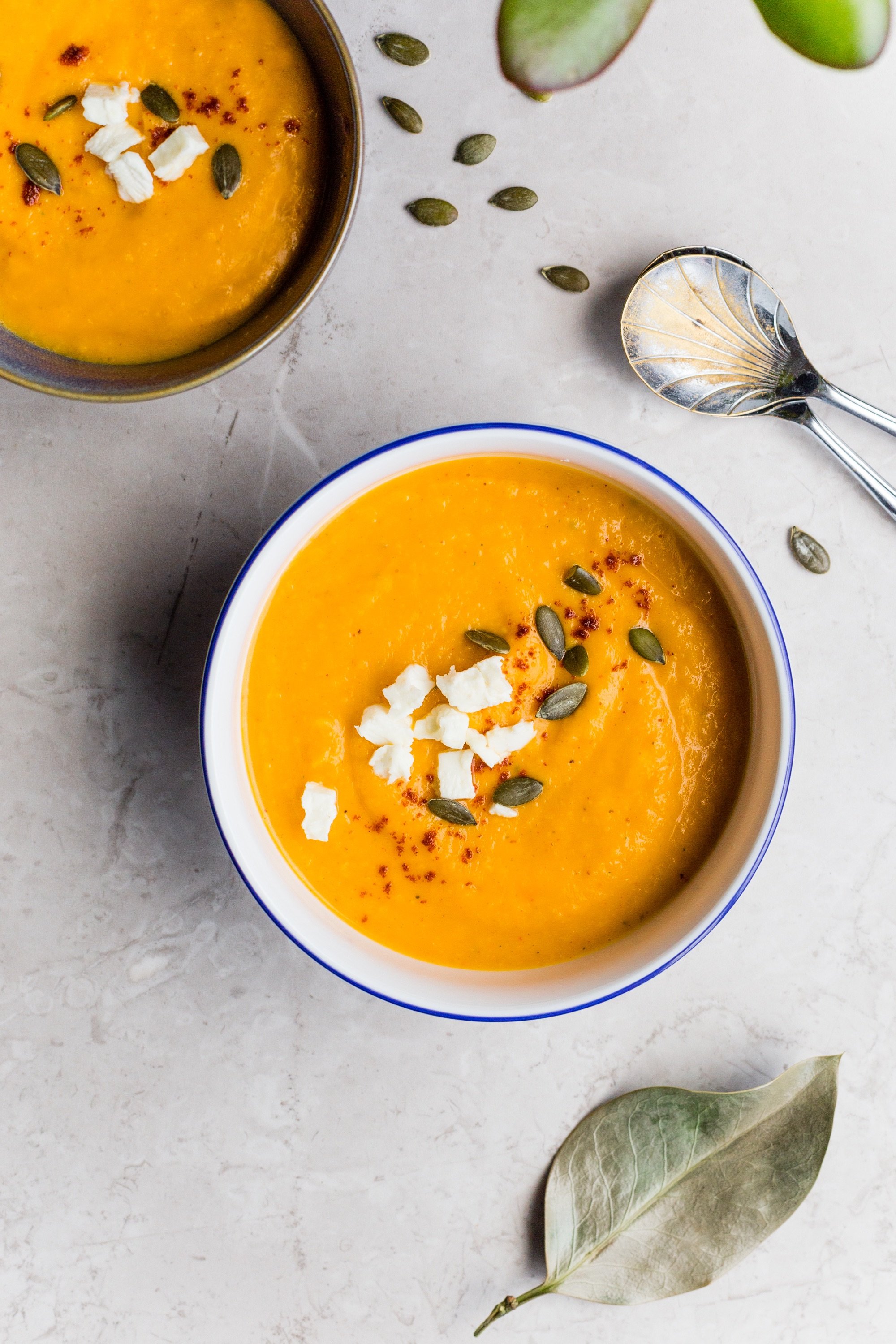
Plant-Based
Meanwhile, those who follow plant-based diets eat meals that are focused around plant foods. These include fruits, vegetables, legumes, grains, nuts, and seeds. Like vegans, those who have plant-based diets do not include meat, dairy, butter, eggs, gelatin, and other animal products in their meals.
But while a plant-based meal could be vegan, a vegan meal wouldn’t automatically be plant-based. From the name itself, the diet excludes foods that are processed, and thus refers only to whole plant foods.
In pedestrian terms, if it no longer resembles a plant, you can’t eat it.
Another difference between vegan and plant-based is the general motivation behind the adherence to such a diet. While vegans may feel strongly about the welfare of animals—from those that produce items like milk or eggs, to those that are slaughtered for their meat, skin or fur, or tested on for other consumer goods like cosmetics—those following a plant-based diet may have no qualms about buying clothes or items made of leather or wool.
The driving force for a person who follows a plant-based diet is more likely based on health than ethics. This diet helps prevent or even reverse chronic illnesses and other conditions like heart disease, high cholesterol, high blood pressure, and diabetes.
While each type of diet has its own benefits, making the switch requires preparation and commitment. It always helps to check with a dietician to ensure that the food you cut out from your diet will be replaced with other items that can give you the same nutrients. Protein from meat, for example, could be substituted by legumes, whole grains, or green vegetables like spinach, with the added perk that it doesn’t come with saturated fat and cholesterol the way meat or other processed food do.
Writer: PAULINE MIRANDA


